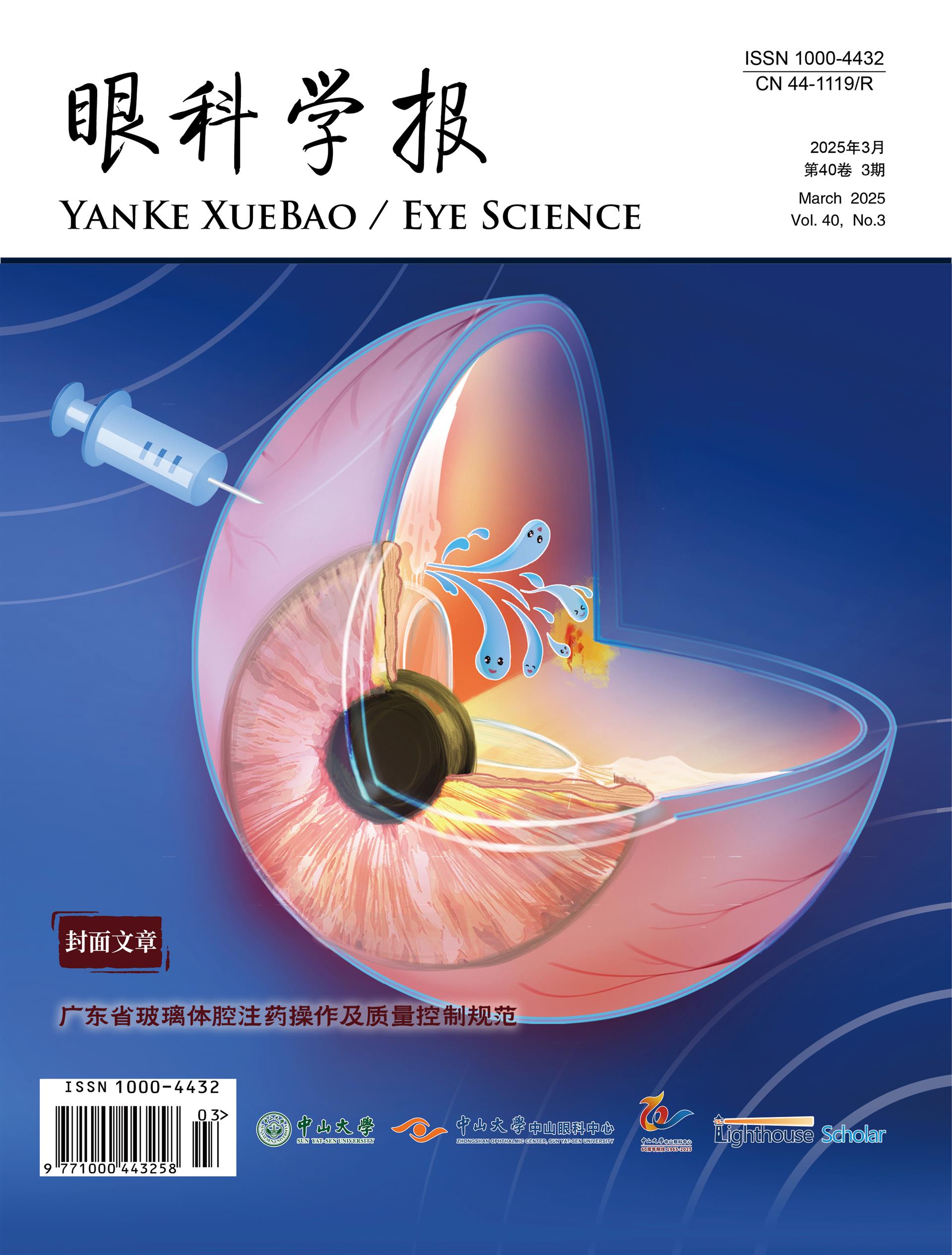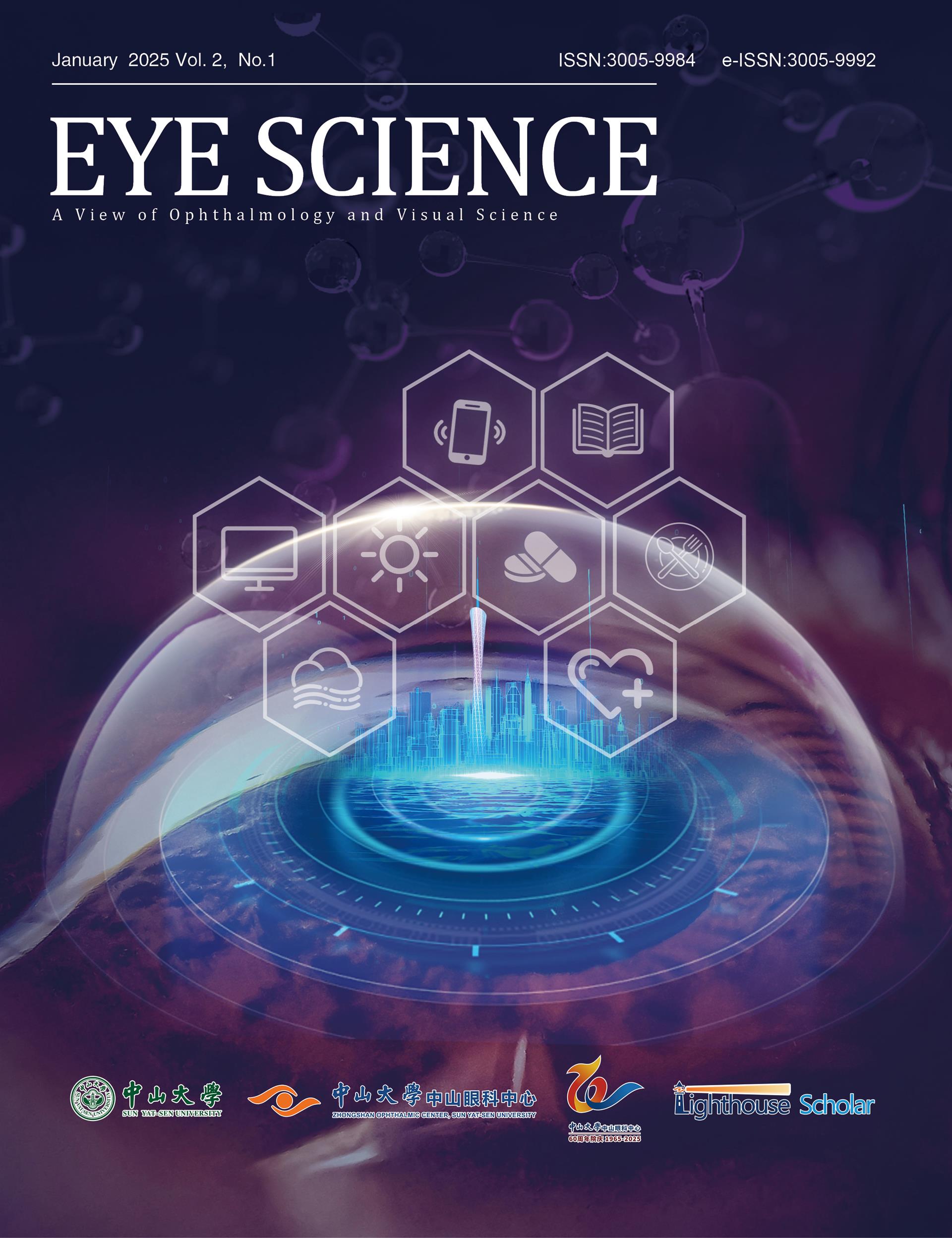Objective: The entrusted standardized training for residents is an important measure to gear the medical education
in China to the international conventions. In this study, the effectiveness of standardized training for entrusted ophthalmic residents in China was evaluated both objectively and subjectively. Methods: Nine ophthalmic
residents, commissioned by Shenzhen government of Guangdong Province, studied at Zhongshan Ophthalmic
Center, Sun Yat-sen University during August 2012 to July 2015 were included in this study. The objective
indicators of all participants were analyzed, including the basic information, clinical training, the score of examination,
etc. The subjective self-assessment was also implemented thought a questionnaire including 13 designed questions.Results: All 9 participants included 2 males and 7 females, 2 medical masters and 7 bachelors, and the mean
age was 26±3 years. Seven of them graduated from the national key medical universities. The mean number
of rotated sub-clinical departments was 10.3, the mean number of managed inpatients and the participated
operations were 736 and 1,219, respectively. The total number of managed outpatients was 6,274 in average. All
participants completed at least one review article. Eight (88.89%) participants could independently diagnose and
treat the most common ophthalmic diseases, they also could complete the basic clinical ophthalmic operation
independently. Five (55.56%) participants could independently manage the pterygium excision, curettage of
chalazion, anterior chamber penetration, etc. And 6 (66.67%) of the participants believed that the training
length was reasonable. Eight (88.89%) of them were satisfied with the standardized training for residents on the
whole. Finally, 7 participants successfully passed the first stage of standardized training program in Sun Yat-sen
University. Conclusion: There was a high level acceptance rate of the standardized training programs for entrusted
ophthalmic residents. The participants achieved the expected training effects, and could managed the diagnosis and
treatment of common ophthalmic diseases independently. But the training effects and passing rate of examination
were partly affected by the learning ability of the training students.

















